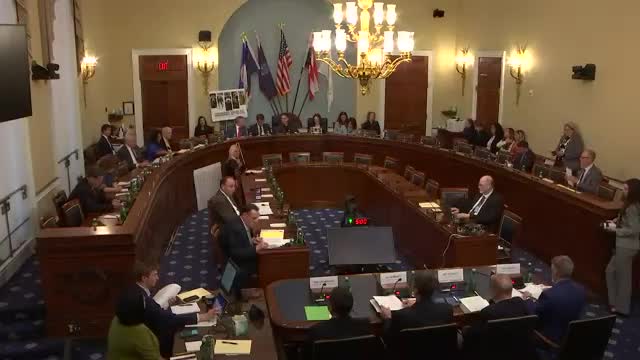Article not found
This article is no longer available. But don't worry—we've gathered other articles that discuss the same topic.
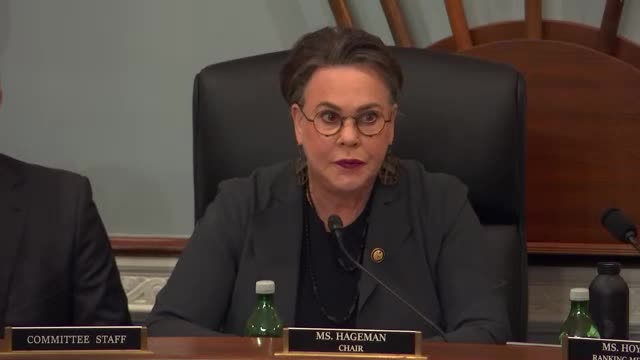
House subcommittee debates broad changes to Endangered Species Act in HR 1897
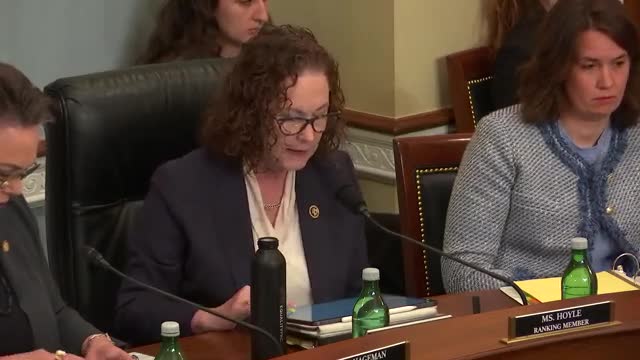
Members and witnesses warn agency staffing cuts threaten wildlife and fisheries work
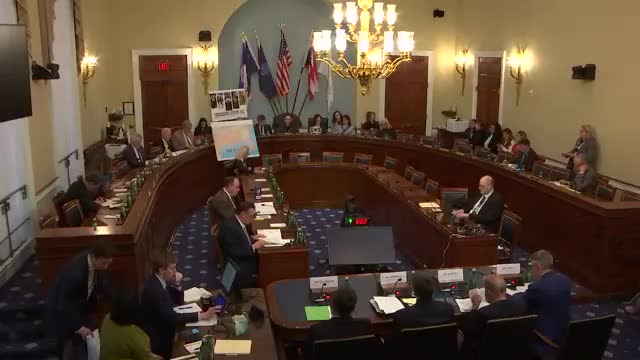
Republican bill would rename Gulf of Mexico 'Gulf of America'; critics call it symbolic and distracting
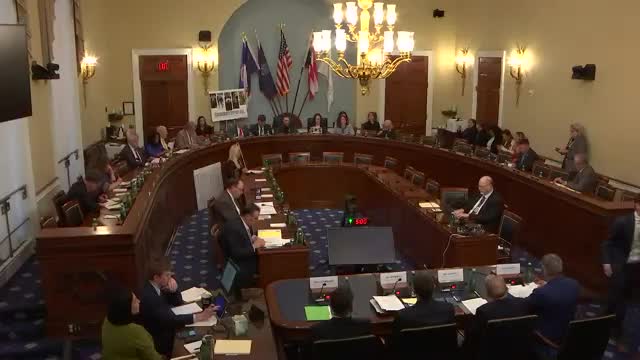
Dingell pushes mass marking program to improve Great Lakes fishery data
